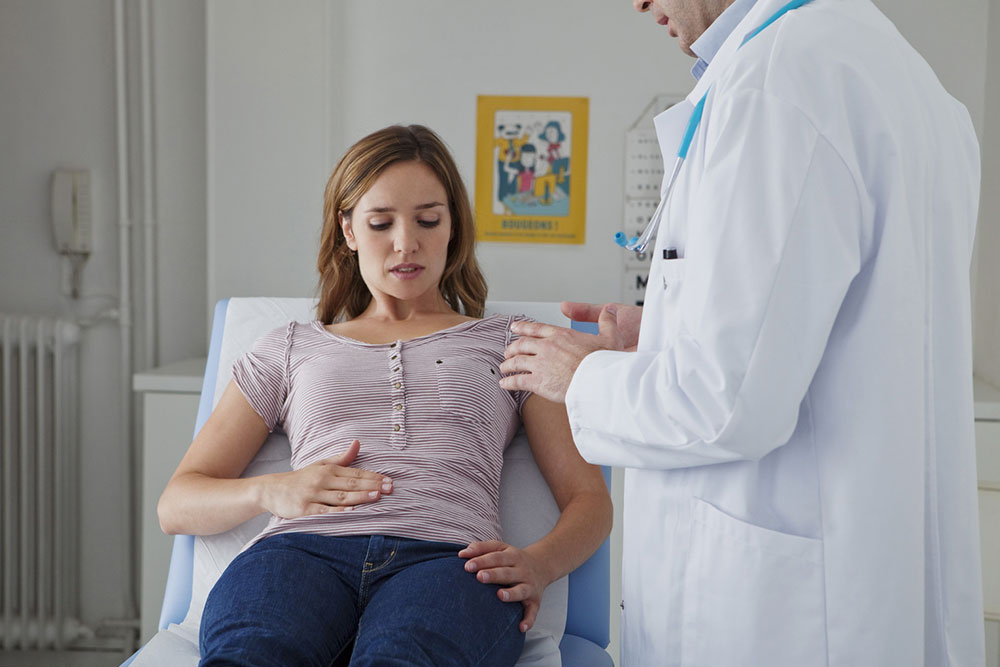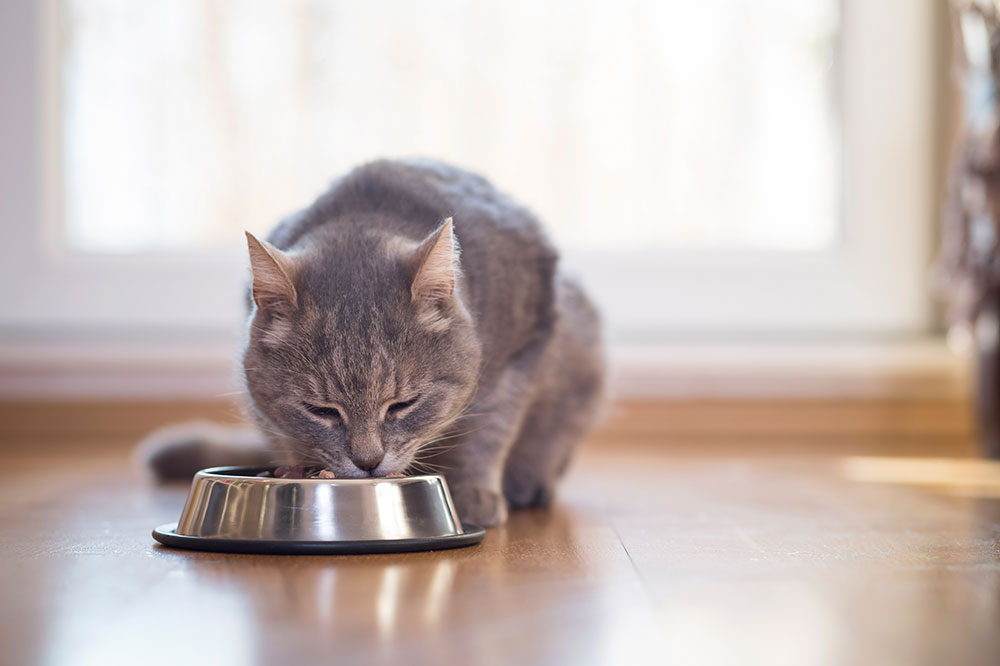Essential Preparation Tips for a Successful Colonoscopy
Preparing for a colonoscopy involves understanding its importance, following dietary and bowel prep instructions, and arranging support. Early detection through this procedure is vital for diagnosing and preventing colorectal issues, including cancer. Proper preparation enhances safety, accuracy, and comfort, making it an essential step in colorectal health management, especially for those over 45 or with family history. Budget considerations and clear communication with healthcare providers further ensure a successful screening experience.
Sponsored

A colonoscopy is a key diagnostic procedure used to detect early signs of colon and rectal diseases. It involves a flexible camera-equipped tube that examines the inner lining of the intestines, helping identify issues that may require immediate treatment. This guide highlights the importance of colonoscopy, reasons it is recommended, and crucial steps to prepare for the procedure effectively.
Why is a colonoscopy necessary?
Many individuals worry about discomfort or pain, but a colonoscopy is vital for diagnosing symptoms like abdominal pain, anemia, or bleeding in the gastrointestinal tract.
Signs such as abnormal stool with blood, mucus, or pus, along with ongoing diarrhea or bowel changes, also indicate the need for further examination.
A healthcare provider, typically a gastroenterologist, may recommend a colonoscopy to investigate gastrointestinal symptoms and identify potential growths like polyps, which can be precancerous. Detecting such growths early is crucial for effective treatment.
During the procedure, doctors may remove polyps or take tissue samples (biopsies) to determine if they are cancerous. Regular screenings are advised starting at age 45, especially for those with a family history of colon cancer, to catch issues early.
Colonoscopy also plays a significant role in monitoring inflammatory bowel conditions such as Crohn’s disease and ulcerative colitis, ensuring proper management.
Preparation Guidelines Before a ColonoscopyMedical Conditions and Medical History Prior to the procedure, it’s essential to inform your doctor about any existing health issues, such as pregnancy, kidney or liver disease, heart conditions, diabetes, or allergies. Clear communication ensures the procedure is tailored to your specific needs and safety precautions are observed.
Diet and Food Restrictions Follow your doctor’s instructions regarding diet before the exam. Usually, this involves eating low-fiber, easy-to-digest foods like white bread, pasta, rice, cooked vegetables, and seedless fruits. You may be asked to avoid nuts, seeds, popcorn, fatty foods, raw vegetables, and whole grains. The day before, clear liquids such as water, broth, tea, or coffee without milk or cream are often recommended. Staying well-hydrated is vital.
Bowel Preparation Procedures Proper bowel prep is essential for clear visualization during the colonoscopy. This typically includes special laxatives, enemas, or a combination of both to thoroughly cleanse the colon. Expect to visit the restroom frequently and experience diarrhea during this process. Follow your doctor’s instructions meticulously to ensure an empty colon, which enhances the procedure’s accuracy. Also, avoid eating or drinking a few hours before the exam to prevent complications.
Bringing Support on the Procedure Day Arranging for someone to accompany you on the day of your colonoscopy is recommended. Sedation may be used, which can make you feel drowsy or unconscious. Having a trusted companion provides emotional support, assists in transportation, and ensures your safety post-procedure.
Cost Considerations The average cost of a colonoscopy is around $2,750. Check with your insurance provider to see what expenses are covered, especially since preventive screenings are often included. If cost is a concern, discuss options with your healthcare provider or seek community health programs offering assistance. Planning ahead ensures a smooth screening experience.






